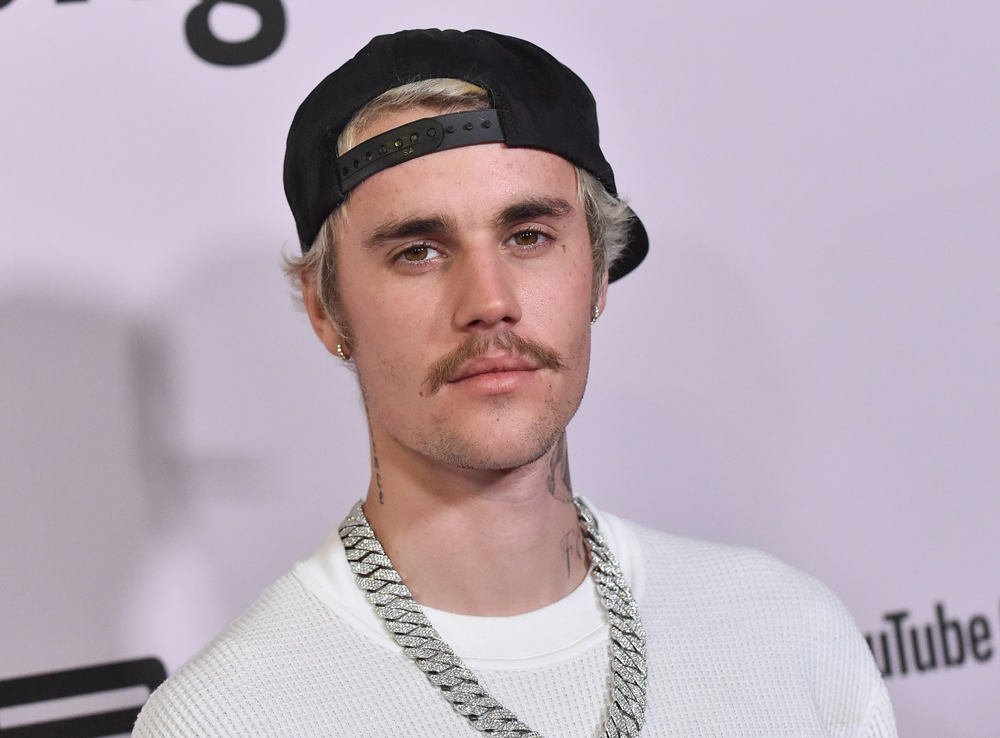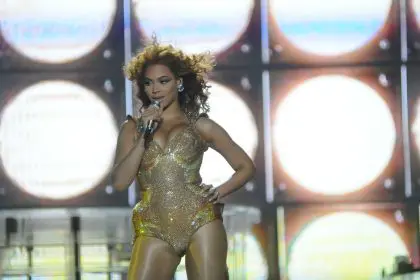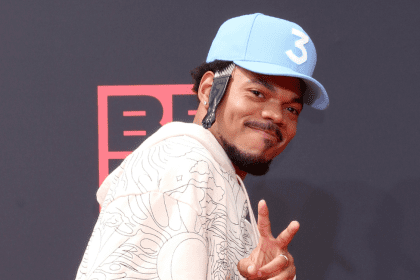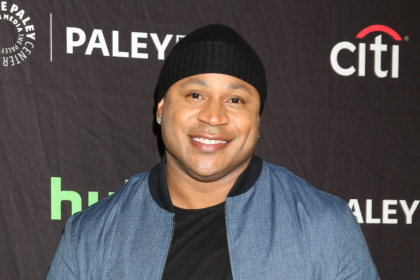The intersection of celebrity culture and personal privacy reached another contentious moment last week when Justin Bieber engaged in a heated confrontation with photographers outside a Malibu venue. The incident, which unfolded over approximately 10 minutes, has reignited discussions about the boundaries between public interest and personal space in the digital age.
The 30-year-old pop star’s visible frustration with the paparazzi outside SoHo House on June 12 reflected broader tensions that have long existed between celebrities and the media apparatus that follows their every move. Video footage of the encounter, which quickly spread across social media platforms, captured Bieber’s attempts to assert his right to privacy while photographers persisted in their documentation efforts.
The escalating confrontation
The situation began as Bieber prepared to leave the exclusive Malibu establishment. A group of photographers had positioned themselves strategically to capture images of the singer, a common occurrence that has become routine in celebrity-frequented areas. However, this particular encounter deviated from the typical silent documentation that often characterizes such interactions.
Bieber’s response revealed the accumulated stress of constant surveillance. His verbal expressions of frustration demonstrated the psychological toll that persistent media attention can exact on public figures, particularly those attempting to balance their professional obligations with personal relationships and family responsibilities.
The confrontation highlighted a fundamental disagreement about space and boundaries. While Bieber maintained he was on private property and entitled to privacy, the photographers argued their position on public sidewalks justified their presence. This legal and ethical gray area continues to complicate the relationship between celebrities and media personnel.
Personal stakes and family considerations
The timing of this incident carries particular significance given Bieber’s recent transition into fatherhood. He and his wife, Hailey Bieber, welcomed their son Jack earlier this year, adding new dimensions to the singer’s concerns about privacy and safety. The responsibilities of parenthood have evidently intensified his desire to maintain boundaries between his public persona and private life.
Bieber’s references to his roles as a husband and father during the confrontation underscored how personal circumstances can amplify the stress associated with constant media attention. The presence of photographers during what should be routine personal activities represents an ongoing challenge for celebrities attempting to create normal family experiences.
The incident occurred just days before Father’s Day, adding symbolic weight to Bieber’s appeals for understanding. Reports indicate that insensitive remarks from photographers appeared to particularly aggravate the situation, suggesting how provocative comments can escalate tensions in already stressful encounters.
Pattern of persistent intrusion
This Malibu confrontation represents part of a broader pattern of encounters between Bieber and paparazzi that have occurred with increasing frequency since he became a father. A similar incident in April, following his departure from a Los Angeles establishment, required intervention from his security team and prompted Bieber to share his frustration through social media channels.
These repeated confrontations suggest that traditional celebrity-media relationships may be evolving as public figures become more willing to directly challenge what they perceive as invasive behavior. Rather than accepting photographer presence as an inevitable aspect of fame, celebrities like Bieber are increasingly vocal about their boundaries and expectations.
The pattern also reflects changes in media consumption habits. Social media platforms have created new incentives for photographers to capture dramatic or controversial moments, as such content tends to generate higher engagement and, consequently, greater financial returns.
Industry ethics and public responsibility
The entertainment media industry operates within a complex framework of legal protections, ethical considerations and market demands. While celebrities in public spaces have limited privacy expectations under current legal standards, the relentless nature of modern paparazzi culture raises questions about reasonable boundaries and human dignity.
Professional journalism organizations have established ethical guidelines that emphasize minimizing harm and respecting human dignity, though freelance photographers and independent media operators may not always adhere to such standards. The economic incentives driving celebrity photography can sometimes override ethical considerations, creating situations where aggressive tactics become normalized.
Cultural implications and fan responses
Public reaction to Bieber‘s confrontation has been largely sympathetic, with many social media users expressing support for his position and criticism of paparazzi behavior. This response suggests evolving public attitudes toward celebrity privacy and growing recognition that fame does not eliminate basic human rights to personal space and family time.
The widespread circulation of video footage from the incident also demonstrates how quickly such encounters can become public spectacles, potentially exacerbating the very problems they illustrate. The viral nature of celebrity confrontations creates additional pressure on all parties involved and can perpetuate cycles of intrusive behavior.
Contemporary celebrity culture increasingly recognizes that public figures maintain legitimate interests in privacy, particularly regarding family matters and personal relationships. As social media provides celebrities with direct communication channels to their audiences, traditional media intermediaries face pressure to justify their role and methods.
The ongoing dialogue surrounding incidents like Bieber’s Malibu confrontation may ultimately contribute to evolving standards and practices that better balance public interest with individual privacy rights. Such evolution appears necessary as technology continues to blur traditional boundaries between public and private life for all individuals, not just celebrities.














